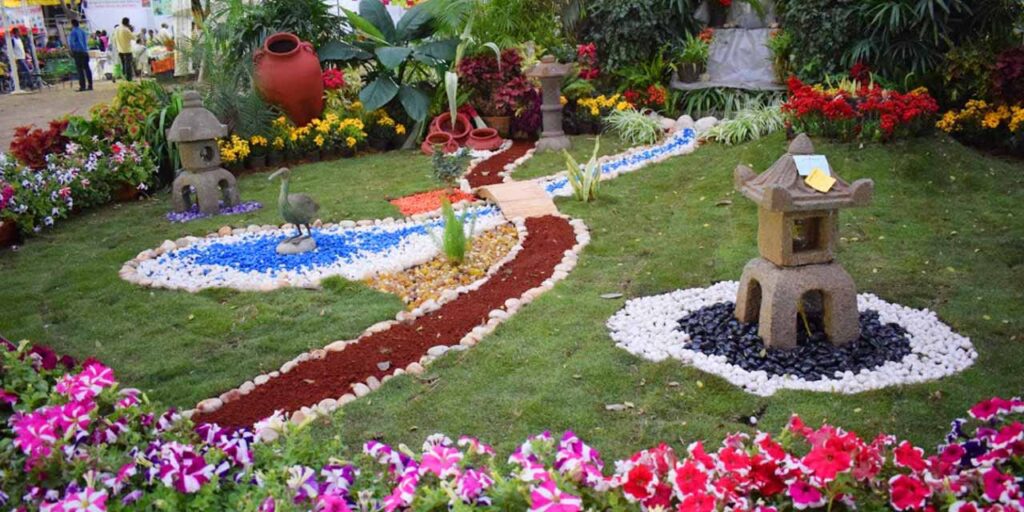Year-Long Survey Reveals Avian Riches and Climate Change Impacts at Empress Garden in Pune

Year-Long Survey Reveals Avian Riches and Climate Change Impacts at Empress Garden in Pune
In the heart of Pune lies Empress Garden, a sprawling 39-acre oasis teeming with a diverse array of birdlife. Spearheaded by the Rupa Rahul Bajaj Centre for Environment & Art (RRBCEA), a comprehensive year-long survey embarked upon in autumn 2022 aimed to document the avian inhabitants thriving within this verdant space.
Enthusiastic volunteers, comprising seasoned birdwatchers and nature aficionados, dedicated their mornings every other month to meticulously observe and record the garden’s winged denizens. Their concerted efforts bore fruit, unveiling a treasure trove of over 85 bird species, each contributing to a vibrant tapestry of nesting, mating, and territorial behaviors.
Of particular note was the astonishing discovery of four flycatcher species congregating on a single tree within a mere two-hour window, a testament to the garden’s flourishing insect population and abundant nesting grounds. Further accentuating the garden’s ecological vitality was the presence of Indian Grey Hornbills, finding sanctuary amidst the lofty branches of tall trees, reaffirming the ecosystem’s robustness.
The impending publication of the “Birds of Empress Botanical Garden” booklet promises to chronicle the seasonal migration patterns of nine species seeking refuge during the winter months. However, amidst the jubilation of discovery, the survey also unveiled a disconcerting trend – migratory birds arriving earlier than expected, a potential consequence of climate change.
As temperatures continue to rise, these avian travelers are compelled to adapt, altering their migration schedules and arriving weeks ahead of their customary timelines. Such shifts serve as poignant reminders of the delicate equilibrium between nature and climate. Empress Garden emerges not only as a sanctuary for avian life but also as a poignant indicator of environmental transformation, where each fluttering wing tells a compelling tale of adaptation within an increasingly warming world.
Manasi Patil










